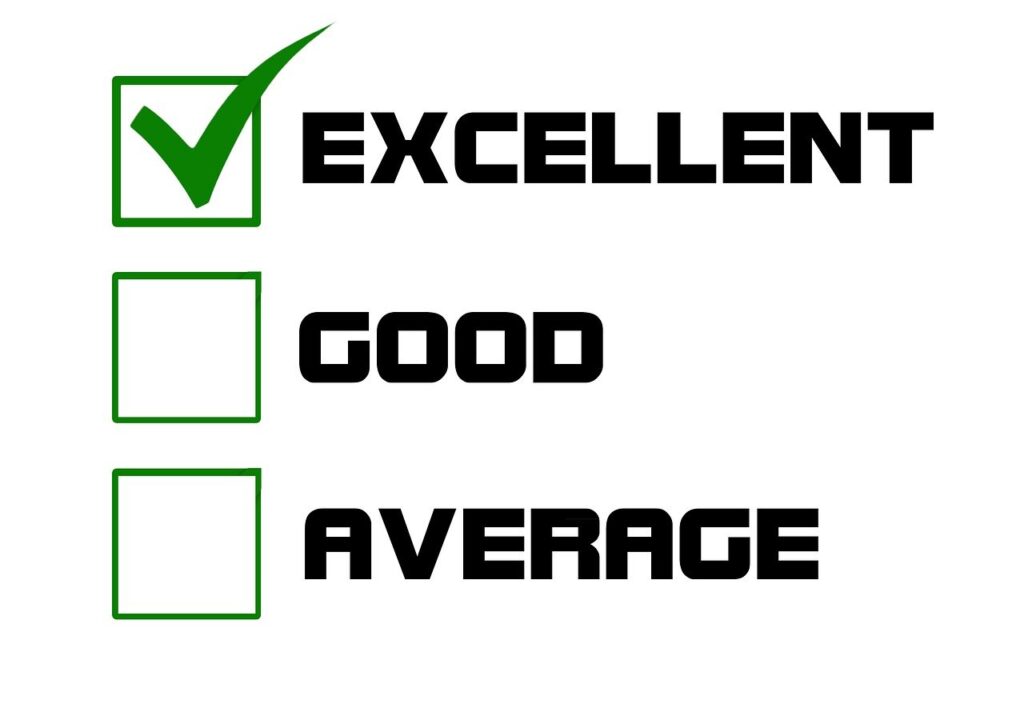
Grade inflation, the tendency for academic grades to be higher without a corresponding increase in student performance, has been a growing concern for me as a speech-language pathologist working with children diagnosed with language and literacy needs. I find this phenomenon to be particularly pronounced with many students on my caseloads. In one particularly glaring example, a 6th-grade illiterate student made the honor roll in her school despite profound difficulty with daily academic functioning.
The reasons behind grade inflation are multifaceted. Consequently, this post aims to explore some of the key factors contributing to the “equitable grading” of students with language and literacy deficits.
The inclusive education movement aims to accommodate students with diverse learning needs within mainstream classrooms. Teachers, influenced by the principles of inclusivity, tend to be more inclined to assign higher grades to students with significant language and literacy needs as a way to support their integration and boost their self-esteem. Some teachers even reported feeling pressured to ensure the success of all students, including those with language and literacy challenges, which led to lenient grading practices (Kunath 2017).
Many students with significant language and literacy needs have Individualized Education Plans (IEPs) that outline specific accommodations and modifications to support their learning. Nowadays, I am noticing that more and more of these plans include adjusted grading criteria to reflect a student’s progress. This results in teachers consciously or unconsciously factoring in these adjustments when assigning grades to language and literacy-impaired students, contributing to the grade inflation for this demographic.
Furthermore, the subjective nature of grading allows for variability in the evaluation process. Teachers may assign higher grades to students with language and literacy needs due to their effort, improvement, or the belief that the grading criteria should be adjusted to accommodate their challenges. They may prioritize effort and progress over standardized benchmarks when grading students with language and literacy needs, contributing to grade inflation.
Another reason for lenient grading is the educational movement focused on the importance of considering students’ social and emotional well-being in the learning environment. This may result in greater leniency in grading students with language and literacy needs as a way to mitigate potential negative impacts on their self-esteem and motivation. Teachers may be influenced by a desire to foster a positive learning environment, leading to more favorable grading for students facing language and literacy challenges.
The inflation of grades of students with language and literacy needs is a serious problem that can lead to devastating consequences. When students consistently receive inflated grades, they (as well as their parents) will develop an inflated perception of their academic abilities. This can create a significant gap between their perceived and actual competencies, leading to unrealistic expectations about the students’ readiness for post-secondary education and the workforce.
One of the primary purposes of education, including special education, is to equip students with the skills and knowledge necessary for future success. Grade inflation, however, can leave students with language and literacy needs ill-prepared for the challenges they will face after high school. They may lack the foundational skills needed for more advanced coursework or workplace demands. These students will then face serious challenges when transitioning from school to the workforce. If they have experienced grade inflation, employers may be misled about their actual skills and capabilities. This can result in poor job performance, dissatisfaction, and ultimately, limited or poor career advancement opportunities.
While the intention behind inflating grades may be to boost confidence and show “kindness’, the long-term consequences can be severe. To mitigate the negative effects of grade inflation in special education, educators and administrators need to maintain rigorous and accurate grading standards. Providing honest feedback and emphasizing skill development over inflated grades will far better prepare students for the challenges they will encounter beyond the classroom.
References:
- Kunnath, J. P. (2017). Teacher Grading Decisions: Influences, Rationale, and Practices. American Secondary Education, 45(3), 68–88.
- Linder et al (2022) Grading bias and young adult mental health. Health Economics. Vol 32 (3) pp. 675-696
- Nordin, M., Heckley, G., & Gerdtham, U. (2019). The impact of grade inflation on higher education enrolment and earnings. Economics of Education Review, 73, 101936.